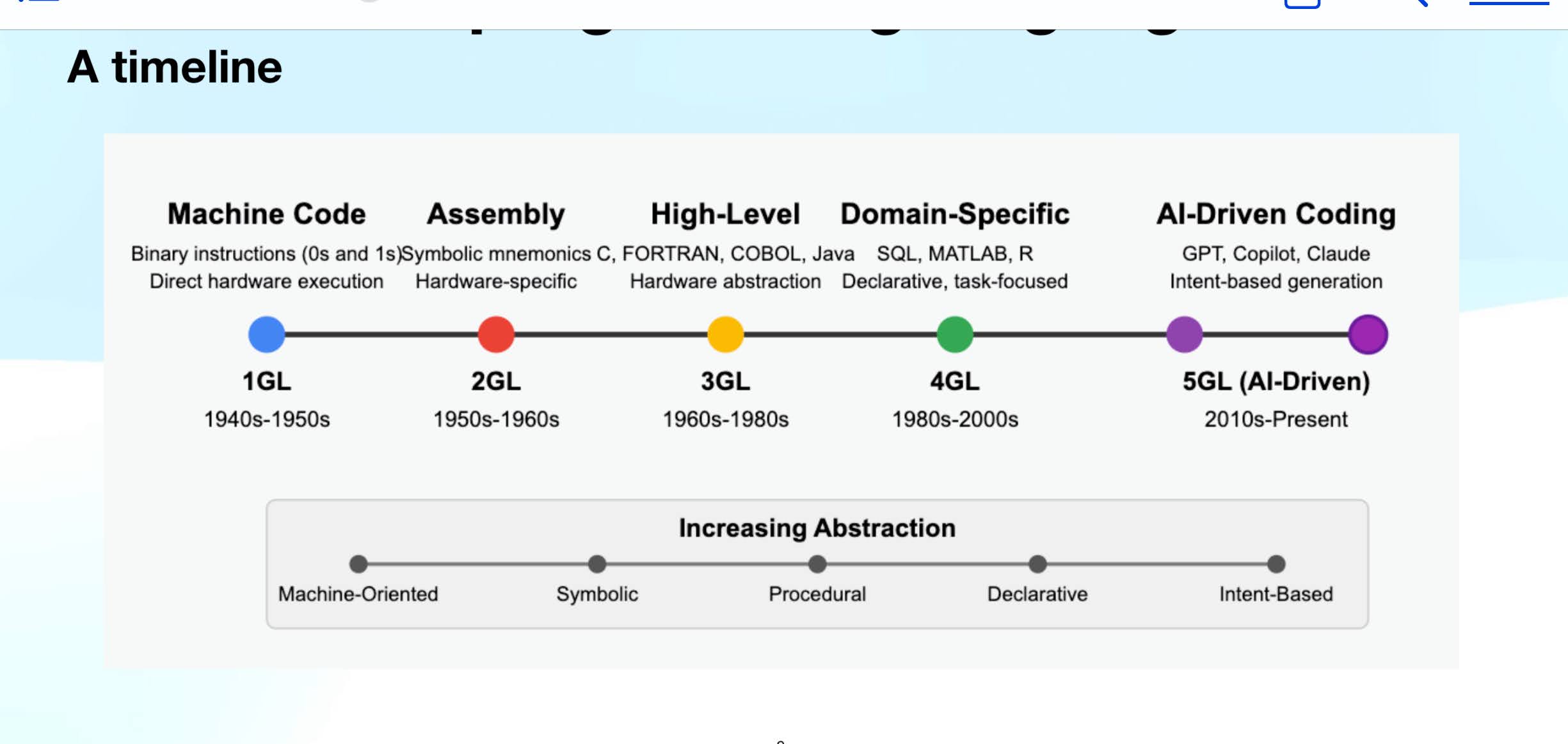"GCSE Physics Revision: Exploring Space Physics—The Final Frontier in Your...
Exploring Space Physics—The Final Frontier in Your GCSE Journey
Exploring Space Physics in GCSE
Space physics is an exciting component of the GCSE Physics curriculum, offering students a glimpse into the vast universe beyond our planet. This topic covers the fundamental principles that govern celestial bodies and the technologies used to explore them.
Key Concepts in Space Physics
- Gravity: Understand how gravity affects the motion of planets and satellites.
- Orbits: Learn about different types of orbits and their applications.
- Electromagnetic Spectrum: Explore how different wavelengths are used in space exploration.
- Life Cycle of Stars: Study the stages of stellar evolution from nebulae to black holes.
Technologies in Space Exploration
Space exploration relies on advanced technologies to gather data and explore distant worlds. Key technologies include:

- Telescopes: Instruments that allow us to observe distant celestial objects.
- Satellites: Devices that orbit Earth or other celestial bodies to collect data.
- Space Probes: Unmanned spacecraft sent to explore the solar system and beyond.
Importance of Space Physics
Studying space physics not only enhances our understanding of the universe but also drives technological advancements. It inspires innovation and provides insights into the origins and future of our solar system.
Resources for Further Study
For more detailed information, students can refer to their GCSE Physics resources or consult their textbooks for comprehensive coverage of space physics topics.
Browse Categories 📚
Ready to boost your learning? Explore our comprehensive resources above, or visit TRH Learning to start your personalized study journey today!